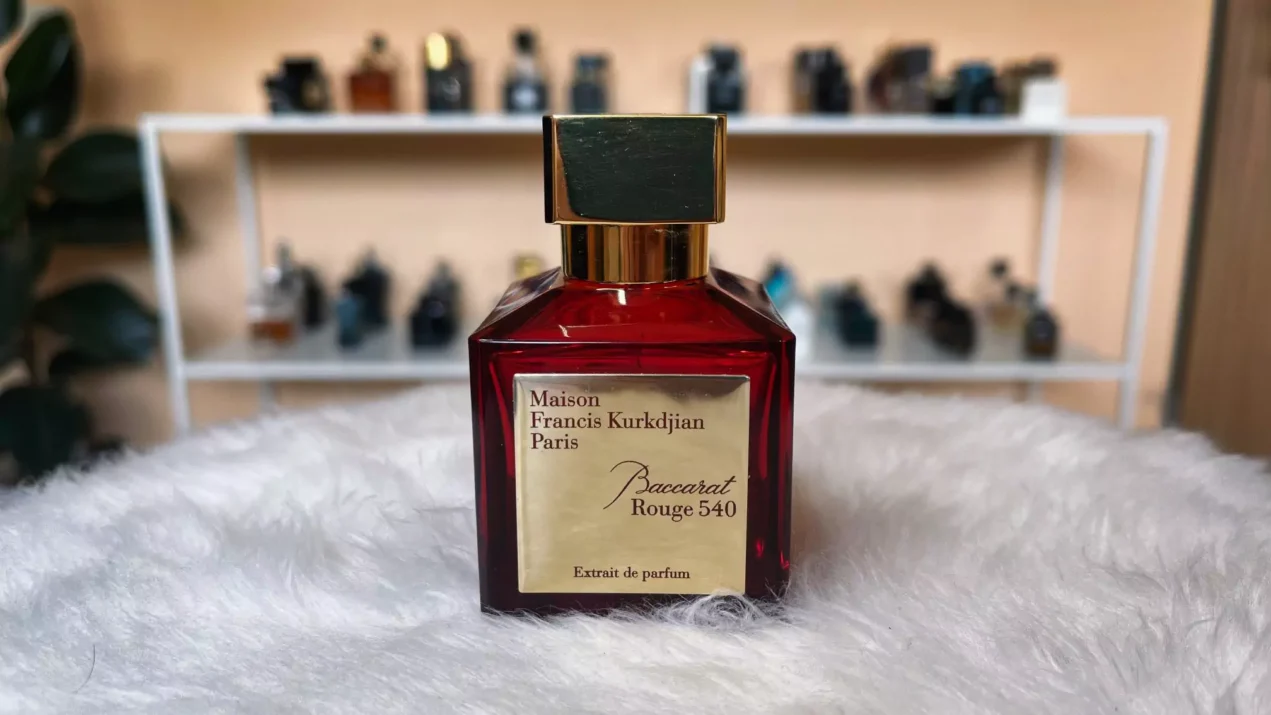Ever since sustainability became a strong bone of contention in various sectors, including fashion, new approaches to achieving the same desired results have emerged. The fashion and textile industries are undergoing a significant transformation, driven by increasing consumer demand for sustainable and eco-friendly alternatives to traditional materials. Save the planet, save the animals. Earth-damaging practices are being swapped for safer ones. I am glad that in leather production, there is a new innovative solution fast gaining traction—fruit leather. This plant-based material offers a safe alternative to animal leather, addressing ethical, environmental, and health concerns.
What is Fruit Leather?
Fruit leather, derived from fruits as the name implies, is a type of bio-based material created from the waste byproducts of the fruit juice and cider industries. “Nothing goes to waste.” The process involves collecting fruit pulp, mixing it with other natural fibres and resins, and then processing it into a durable, leather-like material. The result is a versatile, sustainable, and cruelty-free alternative to animal leather. Who could have thought that we would one day produce leather from fruits? The first set of humans would be amazed.
Fruit Leather vs. Animal Leather?
Based on the environment, fruit leather has a significantly lower environmental effect compared to animal leather. Fruit leather makes use of waste products from fruits and requires less energy and resources for production. On the other hand, animal leather requires livestock farming, which is resource-intensive and contributes to greenhouse gas emissions, deforestation, and water pollution. Due to demands for certain types of leather, wildlife is substantially threatened as endangered animals risk being poached. Also, for consumers concerned about animal welfare, fruit leather presents a humane alternative, eliminating the need for animal slaughter.
The tanning process for animal leather often involves toxic chemicals such as chromium, which can pose health risks to workers and contribute to environmental pollution. Fruit leather production is generally safer and less polluting.
While animal leather is known for its durability and luxurious feel, fruit leather is continually improving in terms of strength, durability, and aesthetic qualities. Innovations in the field are closing the gap between the two materials.
Benefits of Fruit Leather
Most of the benefits of this saving innovation are for Mother Earth. When the earth heals, the dwellers of the earth will partake of the goodness. The utmost priority is to save the planet.
- Now we have a good excuse to plant more trees. Embracing fruit leather will encourage planting and substantially contribute to solving the problems of deforestation.
- By upcycling agricultural byproducts, fruit leather helps mitigate the global issue of food waste.
- Fruit leather production often requires fewer resources (water and energy) compared to traditional leather manufacturing. It also exemplifies circular economy principles, turning waste into valuable materials and promoting sustainable consumption patterns.
- Unlike synthetic leathers, fruit leathers are biodegradable, contributing to a reduction in plastic waste.
7 Leading Fruit Leather Brands
I bet you didn’t know these brands existed. Well, now you do.
- Fruitleather Rotterdam
Based in the Netherlands, Fruitleather Rotterdam transforms leftover fruits into a durable leather-like material. The company uses a patented process that ensures the fruit leather is robust enough for various applications, including shoes, bags, and upholstery. Stay up to date on the newest in the world of Fashion, Arts, Beauty and Lifestyle; Follow FAB on Instagram.
- AppleSkin™ by Frumat
An Italian innovation, AppleSkin™ is produced by Frumat, utilising apple waste from the juice industry in the South Tyrol region. AppleSkin™ combines apple waste with polyurethane to create a high-quality, versatile material. It’s known for its smooth texture and durability.
- Malai Biomaterials
Based in India, Malai Biomaterials produces a biocomposite material from bacterial cellulose, derived from coconut waste, and other natural fibres, including banana and hemp. Although not strictly fruit leather, Malai incorporates fruit waste into their products, emphasising their commitment to sustainability and waste reduction.
Pinatex, developed by Ananas Anam, is a pioneering plant-based leather made from pineapple leaf fibres. Fruit leather in the traditional sense, Pinatex, utilises agricultural waste, promoting sustainable practices and offering a durable, animal-free alternative.
- Vegea
Vegea is an Italian company that creates leather-like materials from grape marc, a byproduct of wine production. Vegea emphasises the use of renewable resources and the circular economy, turning winemaking waste into high-quality, vegan leather.
- Parblex Plastics
Parblex Plastics, a UK-based company, produces a bioplastic made from potato waste and other agricultural byproducts. Parblex’s use of fruit and vegetable waste aligns with the principles of sustainability and waste reduction seen in fruit leather production.
- Corkor
Corkor, a Portuguese company, uses cork, a sustainable and renewable resource, to produce leather-like materials. Although not fruit-based, Corkor’s emphasis on sustainability and renewable resources makes them a notable player in the eco-friendly materials market.
Fruit leather represents a forward-thinking, sustainable alternative to traditional animal leather. As consumer awareness and demand for eco-friendly products continue to grow, fruit leather is set to play a meaningful role in the future of fashion, offering sustainability, ethical production, and creative potential.






